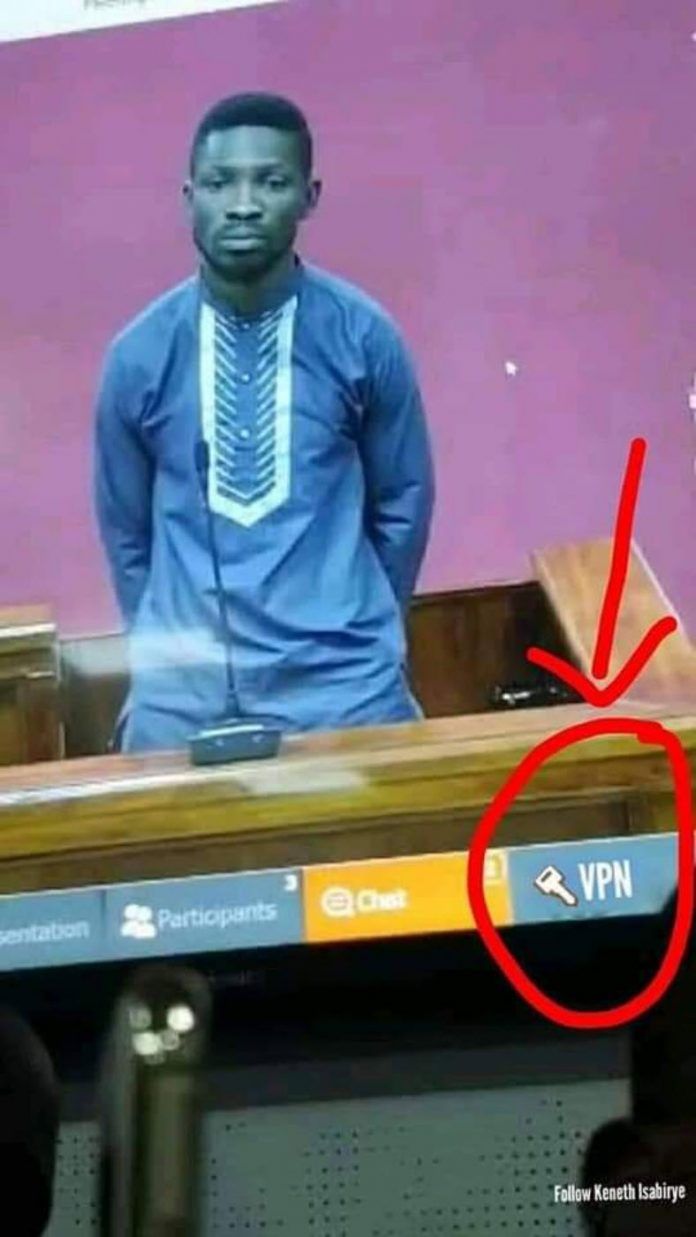Most Ugandans use Virtual Private Network commonly known as VPN to evade the recently introduced Social Media tax (OTT). This has become such a common term especially in the Ugandan community since the introduction of the tax.
On 15th April, a video conferencing system was launched that links Luzira Prison to Buganda Road court for real time handling of certain cases and also reduce on the operational costs incurred by prisons services while transporting prisoners for court sessions.
We had a sneak peak of how this technology works in the real world with yesterday’s case of Hon. Robert Kyagulanyi aka Bobi Wine who was being charged with disobedience in accordance with the public order management bill. Many Ugandans wondered why the government was using the same technology it’s fighting for this particular case and we explain below.
VPN technology in video conferencing system explained
A VPN’s primarily role is to allow users share data over the internet through a secure connection just like how a firewall protects you against viruses, a VPN will encrypt your data between you and the intended recipient if data is being sent over the internet.
The VPN was used as a means to secure end to end communication between Luzira Prisons and Buganda Road court. This meant that the communications could not be intercepted or modified by another third party or any kind of un-authorized access to interfere with court session.
Connecting through NITA-U’s Internet backbone the VPN provided an encrypted communication between the court and Luzira Prisons for the hearing of Bobi Wine’s case.
This kind of technology has been around for quite long and widely used in banks, and any other institutions that operate highly secure systems, which could require login access from any part of the world.

